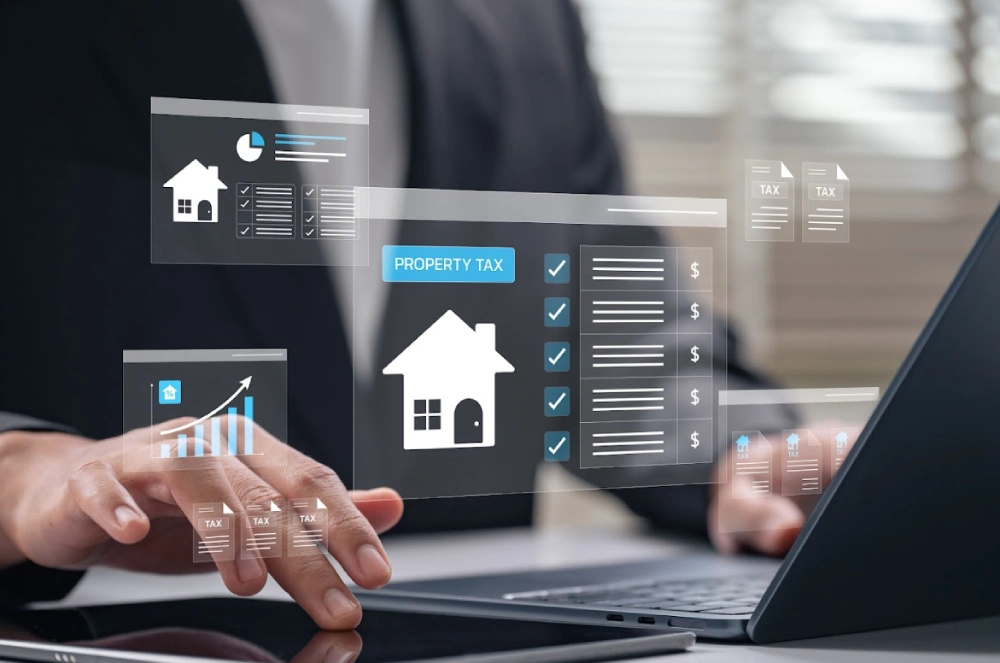Rental management has the capacity to determine your property’s success. However, to make it work, you need to strike a balance between financial goals, tenant satisfaction, legal compliance, and property maintenance. That said, here are seven detailed tips to simplify rental management and create a thriving business.
1. Screen Tenants Thoroughly
A bad tenant can cause significant damage to your rental property, fail to pay rent on time, or even leave you with costly eviction proceedings. On the other hand, a good tenant can provide years of reliable income and minimal headaches.
Pre-tenancy safety checks reduce risks by identifying individuals who are likely to honor their lease agreements. This process involves checking credit scores, verifying employment, contacting references, and reviewing criminal histories.
2. Use Technology to Streamline Operations
Lettings & property management software offers countless tools to make rental management easier and more efficient for property owners. From online payment systems to mobile apps for submitting maintenance requests, these solutions save time and improve communication. Tech can help you to:
- Automate rent collection and reminders
- Track expenses and income through accounting software
- Manage maintenance schedules and vendor contracts
- Communicate with tenants via secure messaging platforms
Lucky for you, property management tools like Hemlane and other options can help you do all this and more. So, do your research and go for what best fits your rental properties.
3. Set Clear Lease Terms
A well-drafted lease agreement serves as the foundation of your relationship with your tenant. It establishes expectations, protects your interests, and provides a reference point in case disputes arise. The lease should feature the rent amount and the due date, security deposit terms, rules about pets, smoking, and subletting, maintenance responsibilities, and so on.
4. Invest in Property Maintenance
Proactive maintenance is one of the best ways to preserve the value of your property and keep tenants happy. Common areas to monitor include plumbing systems (e.g., leaks, clogs), HVAC units (e.g., filters, efficiency), exterior structures (e.g., roof, gutters), and safety features (e.g., smoke detectors, locks).
5. Build Positive Relationships with Tenants
Your tenants are your customers, and treating them well fosters loyalty and trust. Happy tenants are less likely to break the lease or cause problems, and they may even recommend your property to friends and family. To build relationships, respond quickly to maintenance requests, and be approachable and respectful in all interactions.
6. Price Your Rent Competitively

Pricing too high may leave your property vacant for months, while pricing too low leaves money on the table. When setting rent, focus on the following:
- Location and neighborhood demand
- Size and amenities of the property
- Current market trends (e.g., inflation, economic conditions)
- Comparable rentals in the area
There are many pricing websites out there that you can use to research comparable listings in your area. Factor in unique selling points (e.g., renovated kitchen, proximity to public transit) when determining your final price.
7. Prepare for Emergencies
No matter how careful you are, emergencies will inevitably occur. Whether it’s a burst pipe, a natural disaster, or an unexpected vacancy, having a plan in place minimizes disruption and financial strain.
One of the best approaches is to have an emergency fund covering 3-6 months of mortgage payments. Also, have the contact information for trusted contractors (plumbers, electricians, etc.). Insurance policies tailored to your property type (e.g., flood insurance for coastal areas) can also go a long way.
Also, make sure the health and safety standards are top-notch to avoid potential liabilities, legal issues, or emergencies that could have been prevented with better maintenance.
8. Consider Hiring a Property Manager
If managing multiple properties becomes overwhelming, delegating responsibilities to a professional property manager can be a wise decision. These professionals handle everything from tenancy support to maintenance coordination, allowing you to focus on bigger-picture decisions.
Professional management can save you time and reduce stress, as well as give you access to expertise in local markets and regulations that may be a handful for you. Apart from that, you can also gain access to advanced tools and market insight, which can help improve tenant retention rates in your investment property.
9. Review and Improve Processes Regularly
The rental market is constantly evolving, and so should your management practices. Periodically assessing your operations allows you to identify areas for improvement and adapt to changing circumstances.
During these reviews, enquire whether tenants are satisfied with the property and services provided. Also, focus on whether you’re meeting your financial goals, be it profit margins, occupancy rates or anything else featured in your financial reports.
Set aside time quarterly or semi-annually to evaluate your performance metrics. Use data analytics tools to track key indicators like vacancy rates, average rent collected, and maintenance expenses.
Closing Thoughts
Proper rental management can transform your property experience from a difficult one to a more rewarding experience. Remember, success lies in striking a balance between operational efficiency, tenant satisfaction, and financial prudence. With dedication and the right strategies, you’ll be well-equipped to thrive in the world of real estate.


